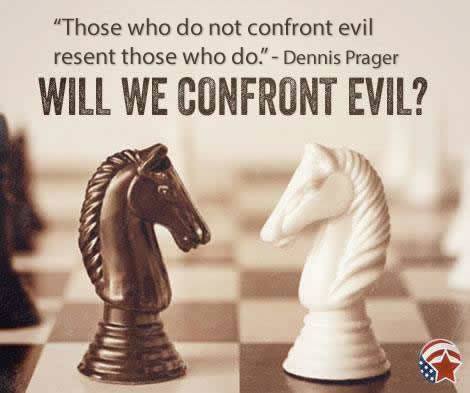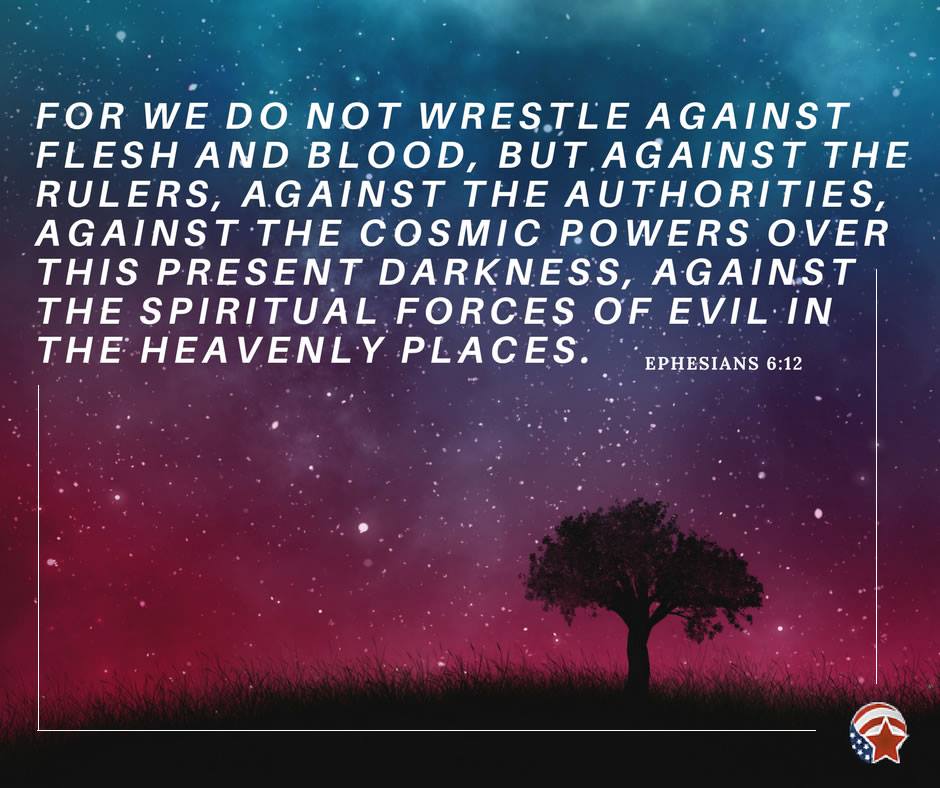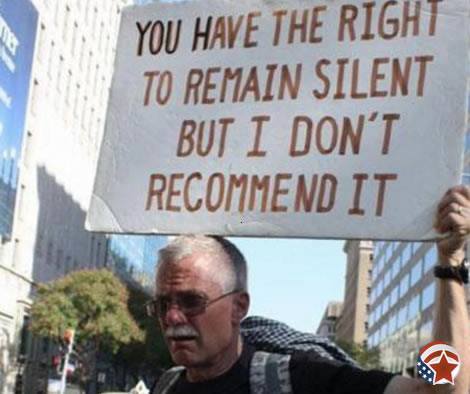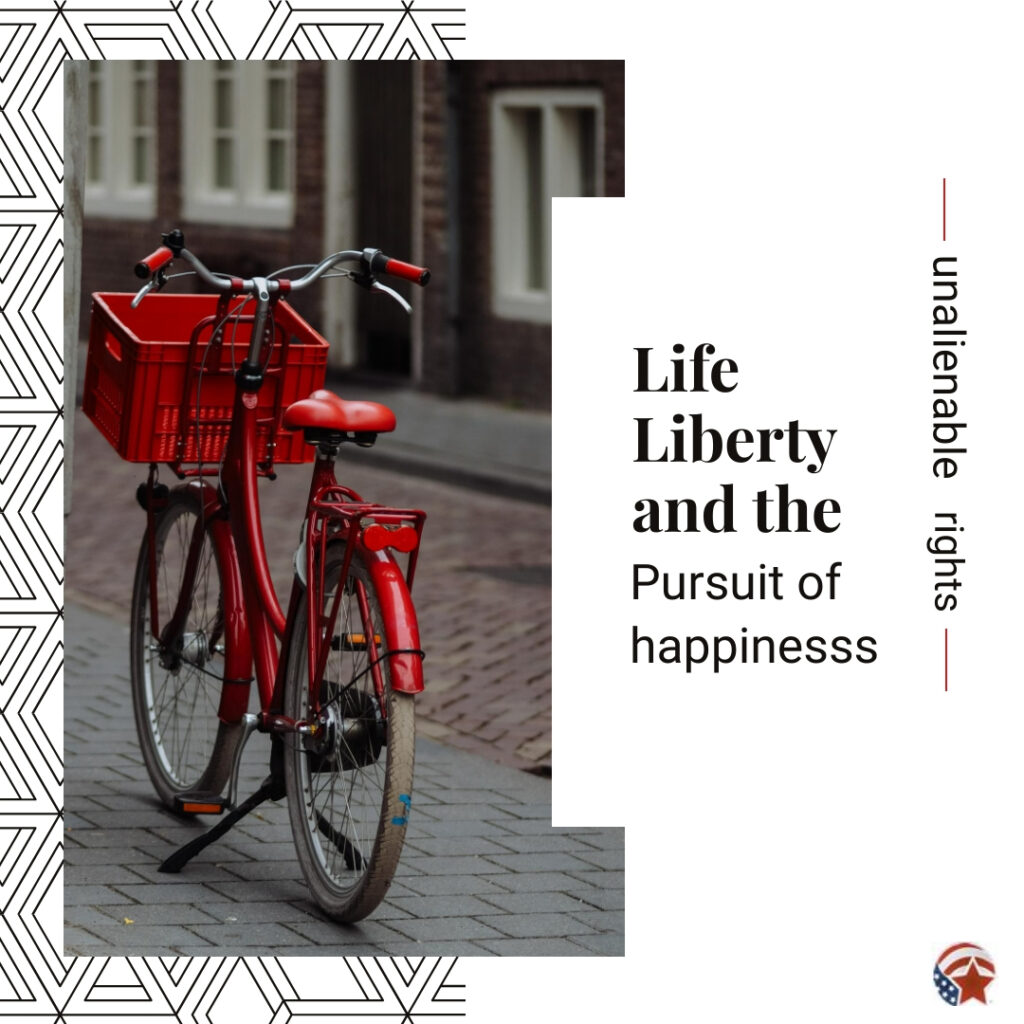Rasputin, described as “The Holy Devil,” moved to St. Petersburg in 1906 and began to gain access to the family of Tsar Nicholas II. Posing as a mystic, Rasputin was known for sexual excesses, strange prophecies and claims of superstitious healing powers.
As the Tsar and his family came under Rasputin’s influence, it undermined the monarchy’s credibility. This occurred while the Tsar was carrying out a cruel persecution against Russian Jews and as World War I was raging across Europe. Russia’s social confusion allowed Vladimir Lenin’s community org anizers to agitate and fan unrest, leading to the Bolshevik Revolution.
anizers to agitate and fan unrest, leading to the Bolshevik Revolution.
They distributed propaganda, incited class warfare, provoked strikes, staged bank robberies and ordered assassinations.
Lenin seized control of the government and established a totalitarian socialism which arrested, imprisoned, and killed tens of thousands of Russians.
Tsar Nicholas II and his family were executed. Bolsheviks replaced religion with materialistic atheism. Church property was confiscated or destroyed. Free speech and press prohibited.
Private property was abolished. All power was centralized into the Party.
As Lenin was dying Joseph Stalin, usurped power, even circulating a fake photo which was doctored to have him sitting next to Lenin. Stalin ruled as an absolute dictator of the Soviet Union.
Stalin’s “Great Purge” executed most of the Generals in the military, leaving only those who obeyed him unquestioningly. Millions of “enemies of the people” were arrested, executed or sentenced to gulag correctional labor camps. One of those arrested was Alexander Solzhenitsyn, who was born in Russia on DECEMBER 11, 1918.
Alexander Solzhenitsyn was arrested for writing a letter criticizing Joseph Stalin. He spent 11 years in labor camps.Alexander Solzhenitsyn began writing. His book was smuggled out of the Soviet Union leading to him eventually receiving the Nobel Prize for Literature. International pressure led to Alexander Solzhenitsyn being expelled from Russia. Speaking in Washington, D.C., June 30, 1975, Alexander Solzhenitsyn gave a warning to the west:

“In pre-revolutionary Russia…there were attempts of the Tsar’s life… During these years about 17 persons a year were executed… The Cheka (Communist Secret Police)…in 1918 and 1919…executed, without trial, more than a thousand persons a month!… At the height of Stalin’s terror in 1937-38…more than 40,000 persons were shot per month!
Here are the figures: 17 a year…1,000 a month, more than 40,000 a month!”
Solzhenitsyn continued:
“Roosevelt, in Tehran, during one of his toasts, said… ‘I do not doubt that the three of us’ – meaning Roosevelt, Churchill and Stalin – ‘lead our peoples in accordance with their desires’… We were astonished. We thought, ‘when we reach Europe, we will meet the Americans, and we will tell them.'”
Alexander Solzhenitsyn continued:
“I was among the troops that were marching towards the Elbe (River). A little bit more and I would have…shaken the hands of your American soldiers. But just before that…I was taken off to prison and my meeting did not take place… After a delay of 30 years, my Elbe is here today. I am here to tell you…what…we wanted to tell you then…”

Richard Pipes wrote in Communism-A History (Random House, 2001):
“Stalin’s regime needed another crisis… as Fidel Castro, the leader of Communist Cuba, would explain… ‘The revolution needs the enemy…The revolution needs for its development its antithesis.’… And if enemies were lacking, they had to be fabricated…”
Richard Pipes continued:
“In 1934, a prominent Bolshevik, Sergei Kirov, the party boss of Lenningrad, was assassinated under mysterious conditions… evidence points to Stalin… Kirov was gaining too much popularity in party ranks for Stalin’s comfort. His assassination brought Stalin two advantages: it rid him of a potential rival and provided a rationale for instigating a vast campaign against alleged anti-Soviet conspirators… Purges of the 1930’s were a terror campaign that in indiscriminate ferocity and number of victims had no parallel in world history… Authorities…beat them until they confess to their crimes they have not committed.”
Alexander Solzhenitsyn continued his warning, June 30, 1975:
“There is a…Russian proverb: ‘The yes-man is your enemy, but your friend will argue with you’…I am the friend…I have come to tell you…

One of your leading newspapers, after the end of Vietnam, had a full headline: ‘The Blessed Silence.’
I would not wish that kind of ‘blessed silence’ on my worst enemy…I spent 11 years in the Archipelago (labor camps)…”
Solzhenitsyn continued:
“It is not detente (a lessening of tension) if we here…can spend our time agreeably while over there people are groaning and dying and in psychiatric hospitals.
Doctors are making their evening rounds…injecting people with drugs which destroy their brain…There are tens of thousands of political prisoners in our country…under compulsory psychiatric treatment.”
Solzhenitsyn went on:
“You know the words from the Bible: ‘Build not on sand, but on rock’… Lenin’s teachings are that anyone is considered to be a fool who doesn’t take what’s lying in front of him. If you can take it, take it. If you can attack, attack. But if there’s a  wall, then go back… Communist leaders respect only firmness and have contempt and laugh at persons who continually give in to them…”
wall, then go back… Communist leaders respect only firmness and have contempt and laugh at persons who continually give in to them…”
Solzhenitsyn concluded:
“I…call upon America to be more careful with its trust… Prevent those…who are attempting to establish even finer…legal shades of equality – because of their distorted outlook…short-sightedness and…self-interest –from falsely using the struggle for peace and for social justice to lead you down a false road…
They are trying to weaken you; they are trying to disarm your strong and magnificent country in the face of this fearful threat – one that has never been seen before in the history of the world… I call upon you: ordinary working men of America…do not let yourselves become weak.”
Alexander Solzhenitsyn stated:
“If we don’t know our own history, we will simply have to endure all the same mistakes, sacrifices, and absurdities all over again.”
In 1983, Solzhenitsyn received the Templeton Prize for Progress in Religion, stating:
“We can only reach with determination for the warm hand of God, which we have so rashly and self-confidently pushed away.”
To read full article click here: http://bit.ly/1UaW2i4

















